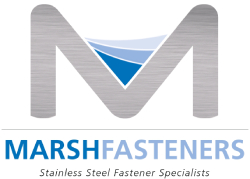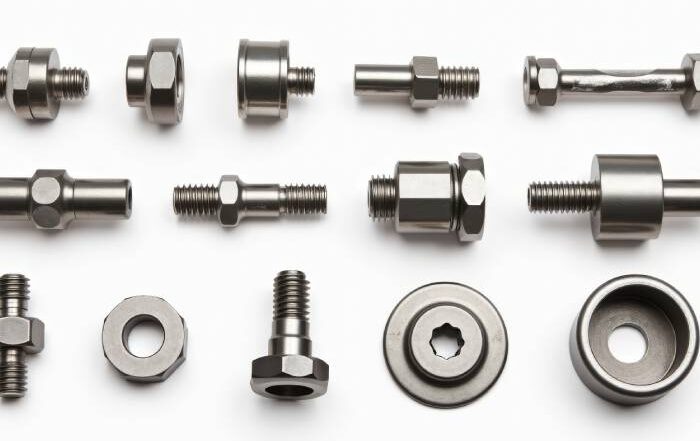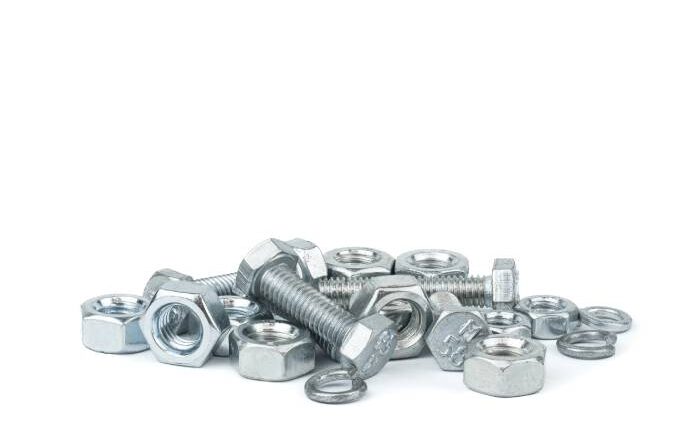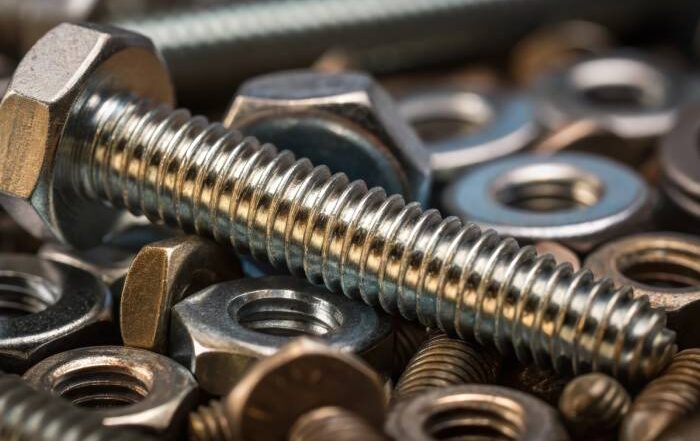
Date Posted:
March 13, 2018
Post Author:
Marsh Fasteners
Categories:
Any type of construction material needs to be able to withstand a number of elements, including chemicals, the weather conditions, and of course, the temperature. Not all materials are created equal. And, depending on the type of material that your fastener is made of, the temperature can have a large or a small impact on the strength of the fastener.
In cooler locations, for example, sub-zero temperatures can affect the strength as well as the ductility of a fastener, which may lead to a fastener that can become brittle. Low carbon steel that has Grade 2 strength, for example, shouldn’t be used if it is going to be exposed to extreme cold. A material that is often used in construction projects in sub-zero temperatures is Teflon, as it will be able to withstand the much cooler temperatures.
In extremely hot environments, fasteners that do not contain iron and plastic fasteners are avoided. Steel and medium carbon fasteners should be used in these applications. An added benefit of choosing stainless steel fasteners for your project is that it is corrosion resistant.
The strength of high-grade fasteners in different temperatures is often put to the test for research papers. Researchers do this to determine whether premature failure would take place. This information is used to update building guidelines and suggest practical measures to enable the full capacity of bolts and fasteners.
Marsh Fasteners supplies a range of stainless steel products including nuts, bolts, screws, nails, finish nails, collated nails, U-bolts, brads, anchors, washers, hose clamps, cushion clamps, hinges, and many special items for Retail Outlets, Boat Builders, Marine OEM’s, Fabricators, and Marine Construction Industries.



